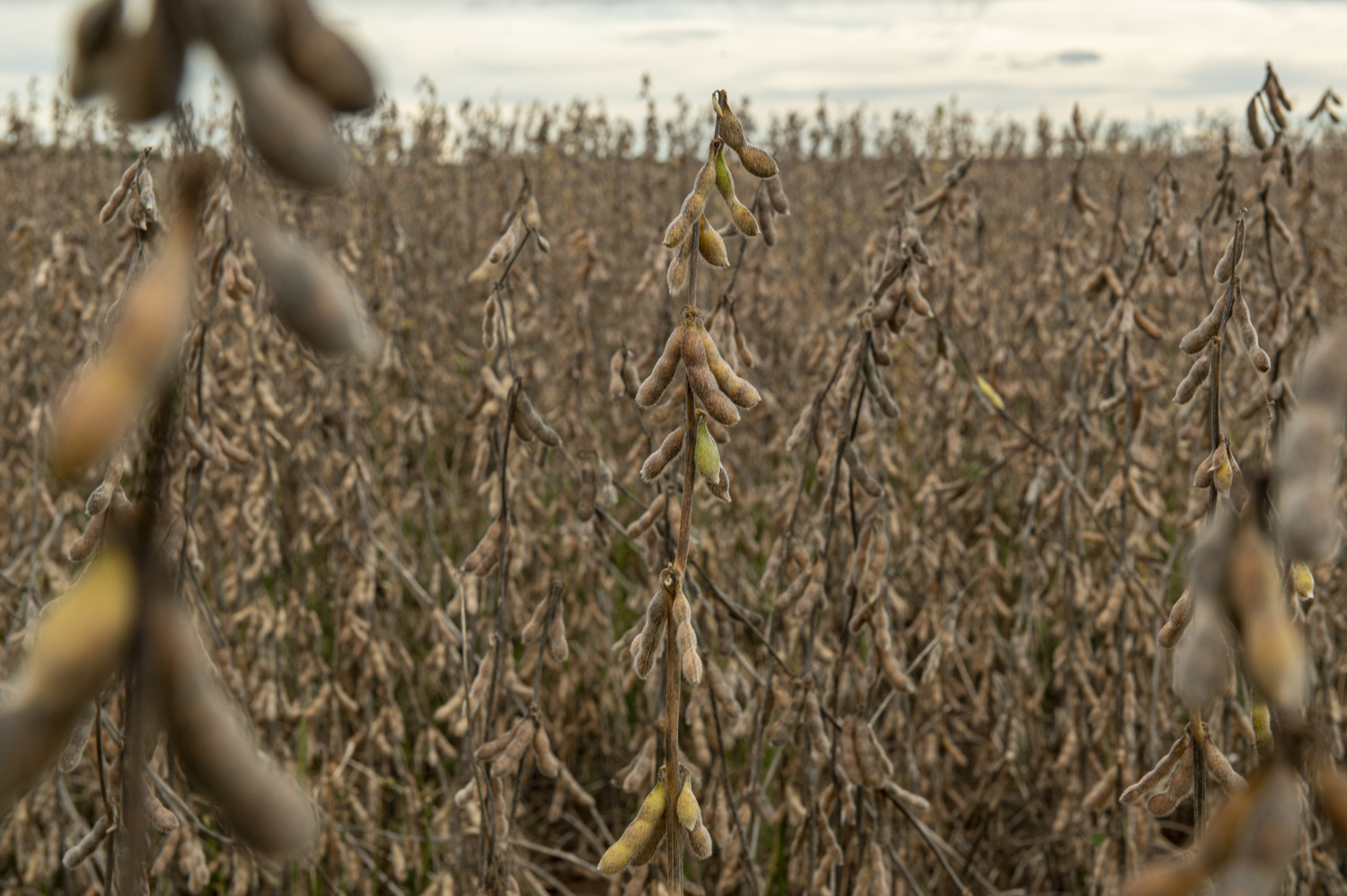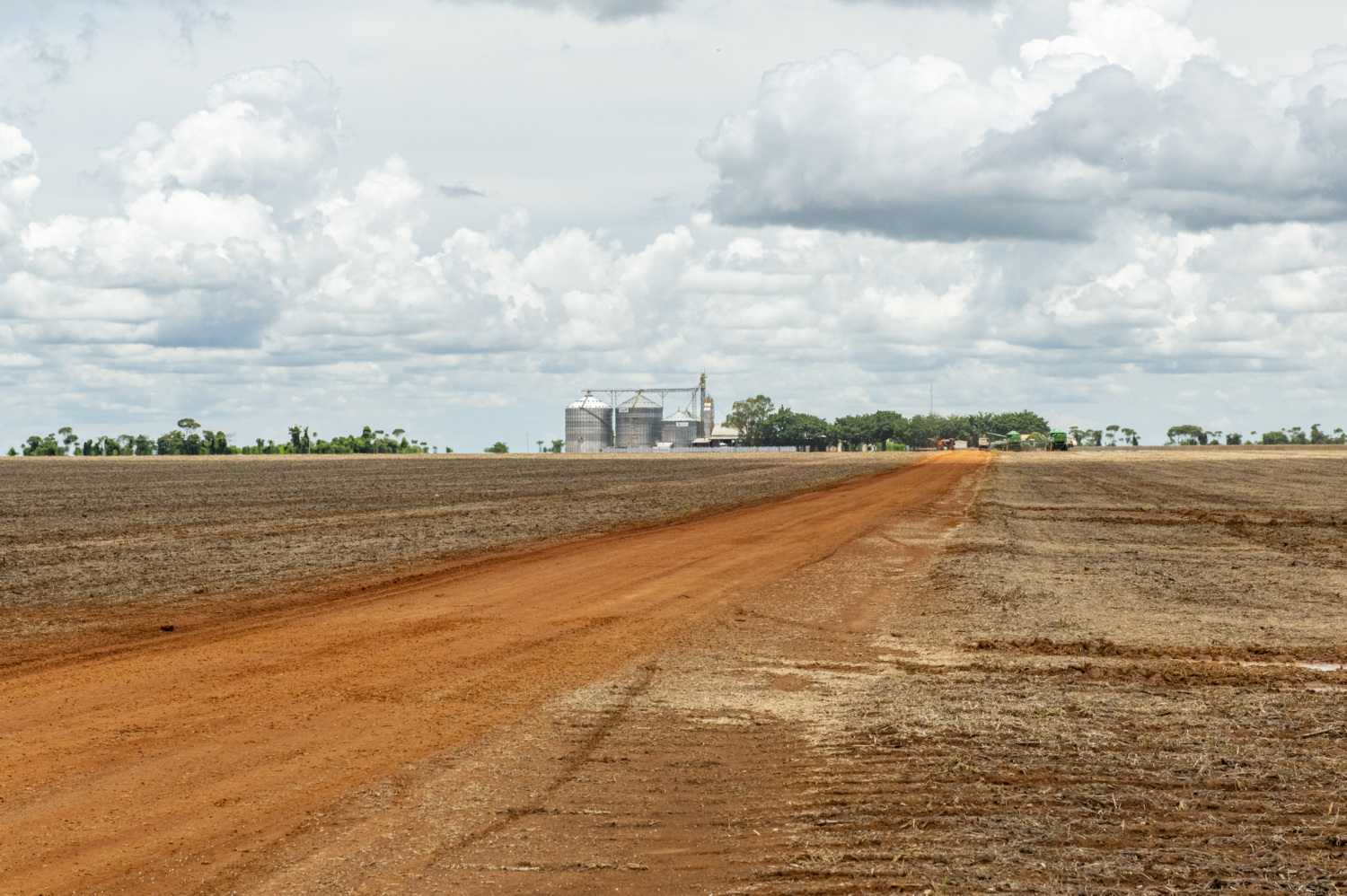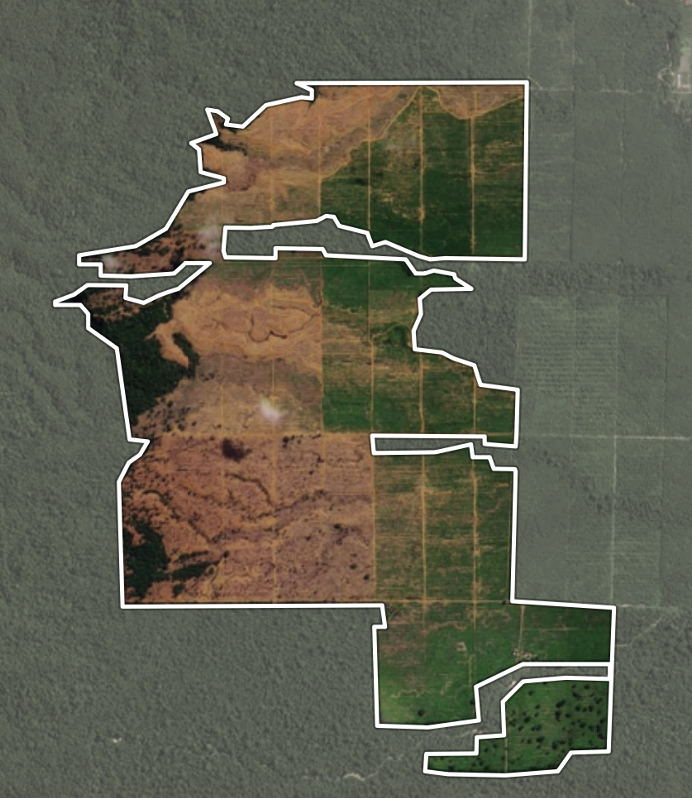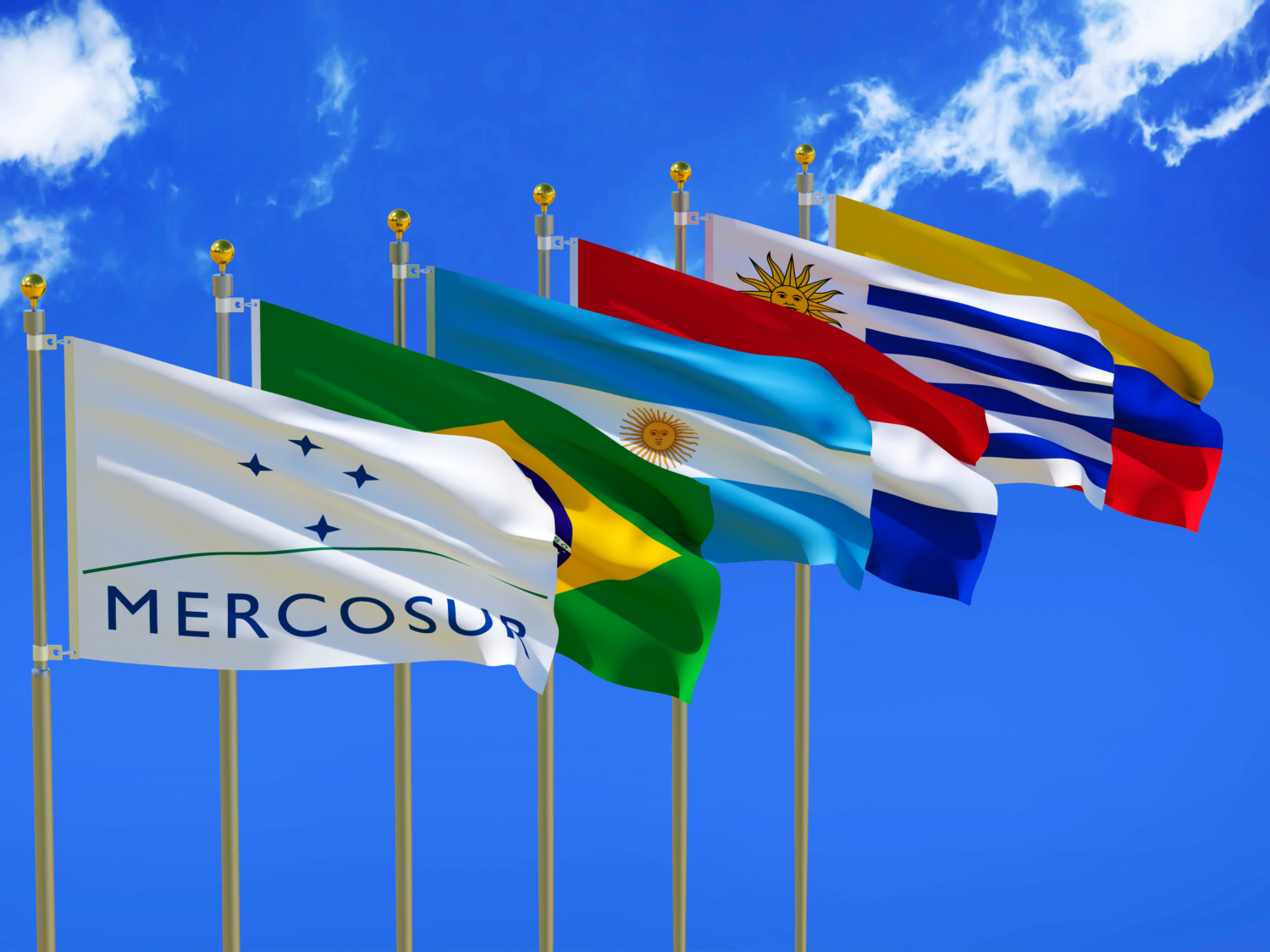
Pledge to uphold the Amazon Soy Moratorium and Protect Natural Ecosystems
As we approach COP 30 in the Amazon, and in line with the Paris Agreement, we, the signatories to this pledge, come together at a critical moment for forests and other natural ecosystems, the climate, biodiversity and the rights of Indigenous and traditional communities.
Since 2006, the Amazon Soy Moratorium (ASM) has served as a cornerstone in the global effort to prevent deforestation driven by soy expansion. It prevents the purchase of soy grown on land deforested after 2008 in the Amazon biome. Supported by traders, civil society, and the federal government, the ASM has demonstrated that economic activity can align with environmental stewardship.
The ASM results are unequivocal. Between 2009 and 2022, deforestation dropped by 69% in municipalities monitored under the Moratorium. Crucially, the ASM encouraged soy expansion onto already degraded or underutilized pasturelands rather than into native forests.
However, these achievements are under serious threat. Dismantling the Moratorium would have far-reaching consequences, pushing the Amazon rainforest closer to its tipping point:
- It would unlock 1.1 million hectares of Amazon rainforest for soy cultivation — driving large-scale deforestation and pushing the Amazon biome perilously close to an irreversible tipping point, beyond which recovery may no longer be possible. It is estimated that this could result in the release of up to 300 million tonnes of CO₂ within just 1 to 2 years, solely from direct soy-driven forest loss – more than Spain emits in an entire year. (Reis et al., 2021)
- It would open all Amazon lands deforested after July 2008—an estimated ~10 million hectares—to soybean cultivation. This would likely displace and outcompete other land uses currently occupying these lands, including primarily cattle ranching, as well as cocoa, sustainable timber extraction, coffee, and agroforestry systems, including carbon restoration projects. As a result, these activities could be pushed further into the forest, driving significant and as-yet unquantified indirect deforestation.
- It would increase the likelihood of longer term agricultural expansion into native ecosystems, resulting in the loss of key habitats for endangered wildlife that rely on connected, standing forests for their survival.
- It would increase land conflicts, fires, and environmental degradation close to Indigenous lands, Afro-Brazilian communities, and small-scale farmers — many of whom have been on the frontlines of forest protection.
- It would increase business risks for companies that have deforestation-free or DCF commitments including on the ASM, as there will be a lot more non-compliant soy on the market that they won’t be able to buy.
- It could significantly affect perceptions of Brazilian soy in the international market, with buyers potentially turning to other regions to meet compliance requirements.
- It would severely compromise the ability of companies across the soy value chain to meet global climate goals, including those of the Agriculture Sector Roadmap to 1.5°C and those communicated via Science-Based Targets Initiative (SBTi), in particular FLAG targets.
The ASM has served not only as an environmental safeguard but also as a mechanism to reduce pressure on territories that are vital to traditional ways of life and cultural survival.
As signatories of this pledge, we publicly commit to fully uphold the 2008 cut-off by continuing to source from deforestation-free soy that respects this date and other ASM purchase criteria, and we call for collective support from soy traders and Brazilian authorities to reinforce adherence to the ASM.
We, signatories of this pledge, have always supported and believe the ASM is not just a success to protect — it is also a well established instrument to be expanded. We encourage the various Brazilian authorities (agencies, states, federal government) not to destroy or to weaken an approach that has proven to the entire world that it’s possible to protect ecosystems while ensuring economic development in Brazil. Over the past 18 years, Amazon soy exports have risen by 500%, and both production and value in states like Mato Grosso have continued to grow since the moratorium was implemented. Since most soy-related deforestation in the Amazon is illegal, ending the ASM would have only a limited impact on farmers’ livelihoods or market dynamics. By enforcing legal and sustainable practices, the ASM actually helps ensure a level playing field for compliant producers.
The ASM is a globally recognized model for meeting commodity demand while safeguarding critical ecosystems. Its continuation is a test of our collective commitment to protect nature, uphold Indigenous rights, and align supply chains with climate and biodiversity objectives.
We call on all companies, civil society organizations, and public institutions committed to environmental and biodiversity protection, social justice, and sustainable food systems to join this pledge in the lead-up to COP 30 in the Amazon in Belém.
Let this be a moment not only to defend what works — but maintain and reinforce our commitments for a more just and resilient future.
*Please note that by signing this pledge, our team will contact you before your name is shared with any individuals or companies.


